IN CONVERSATION WITH:
ANNE MOFFAT
ANNE MOFFAT
(15.08.22)

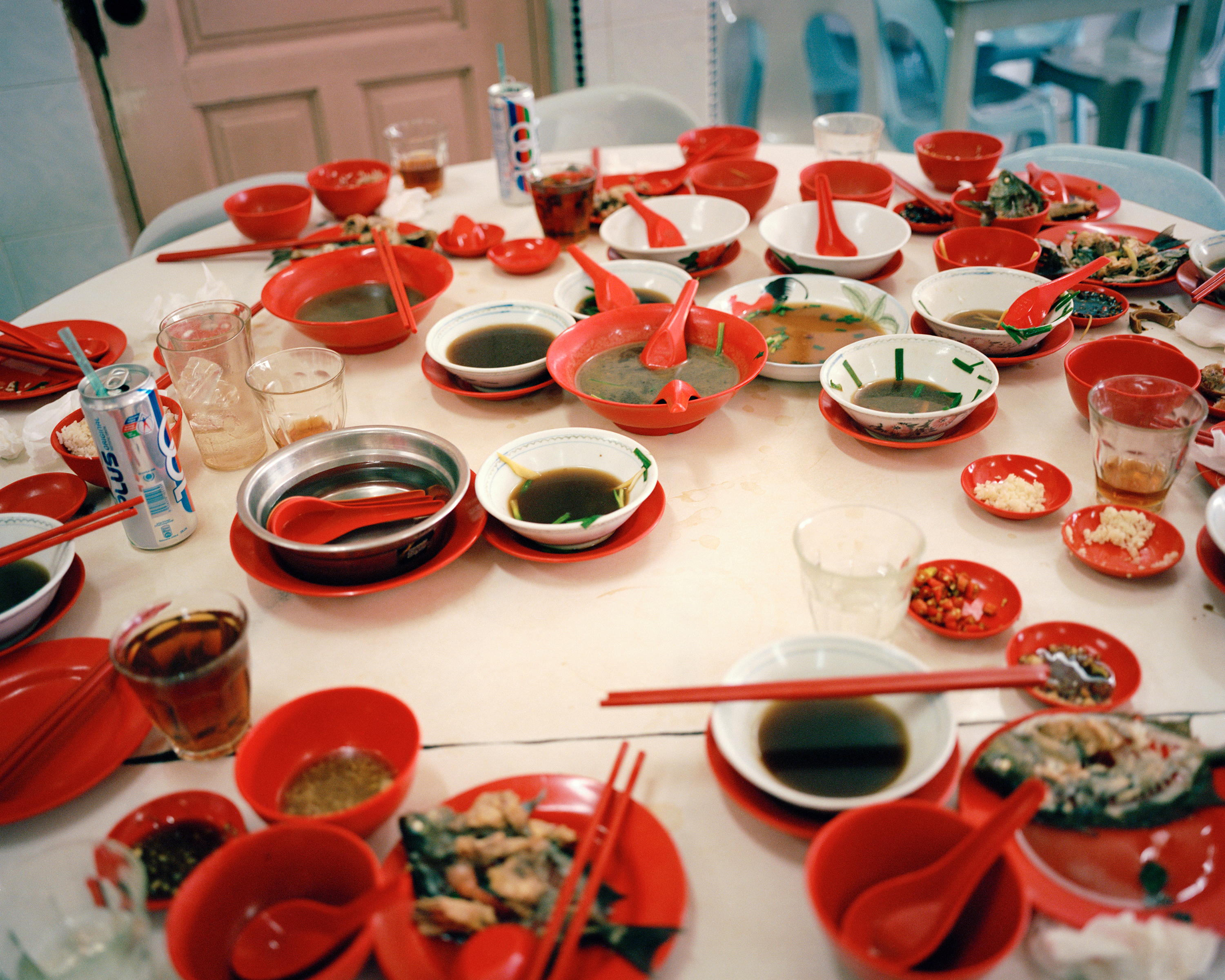
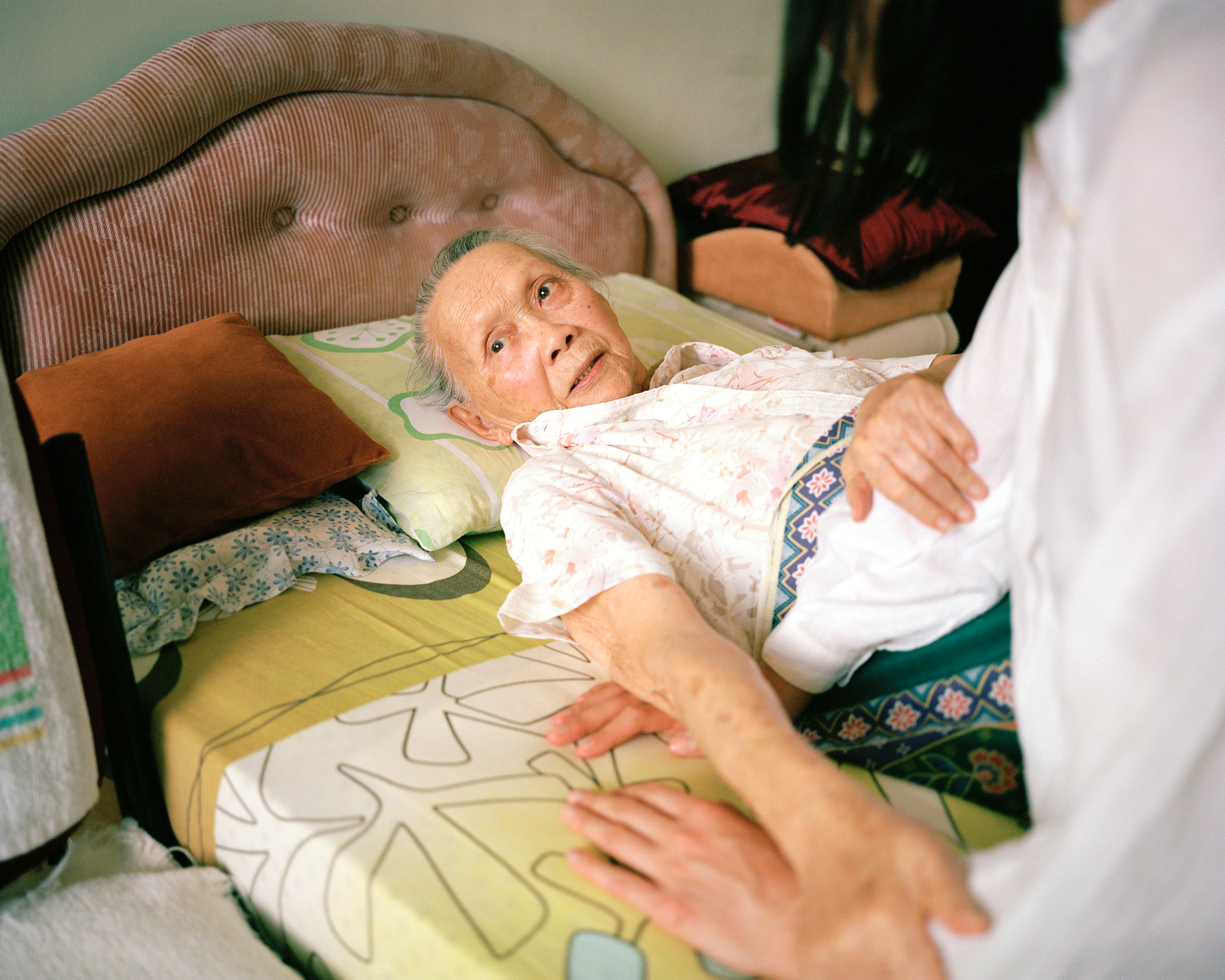
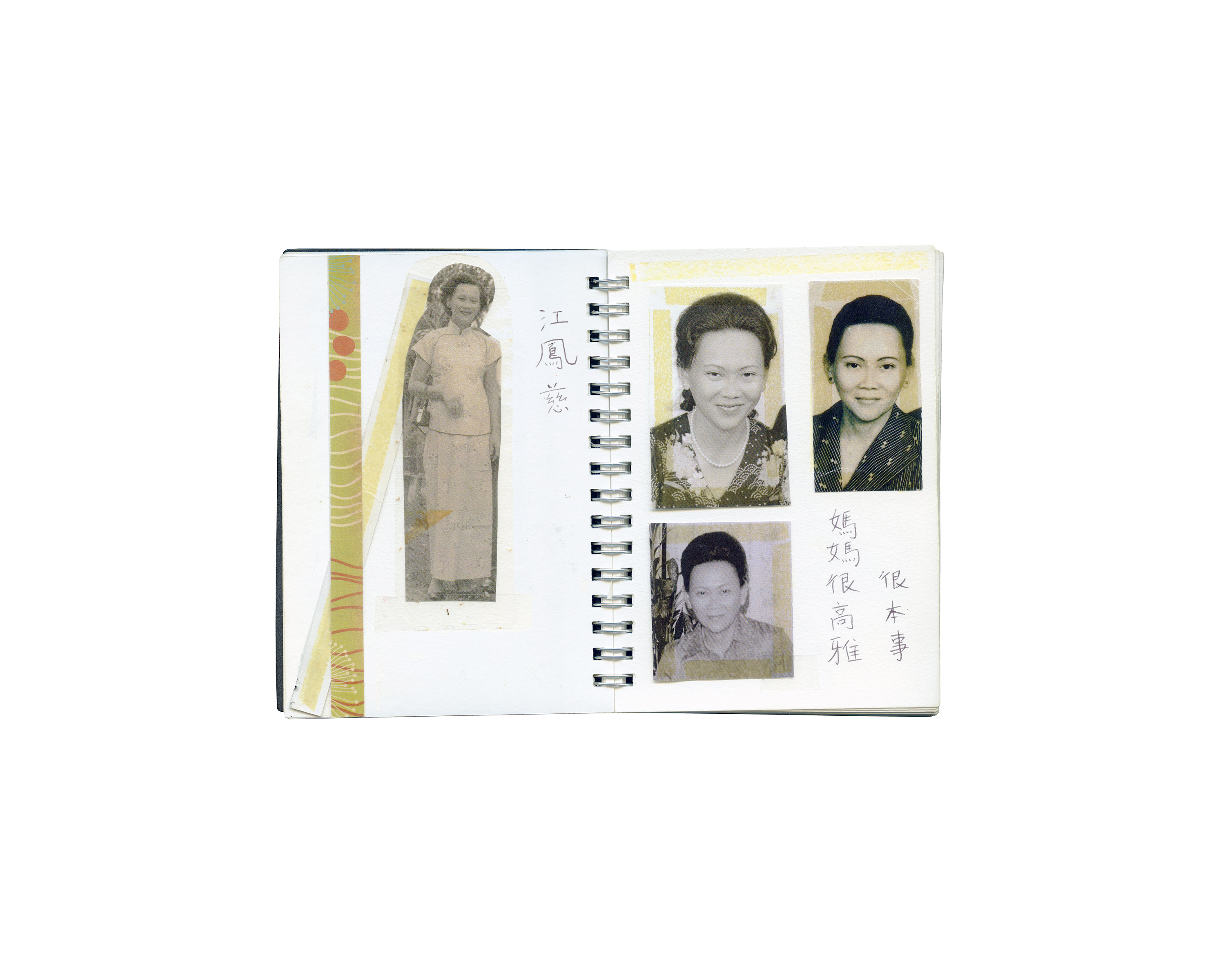
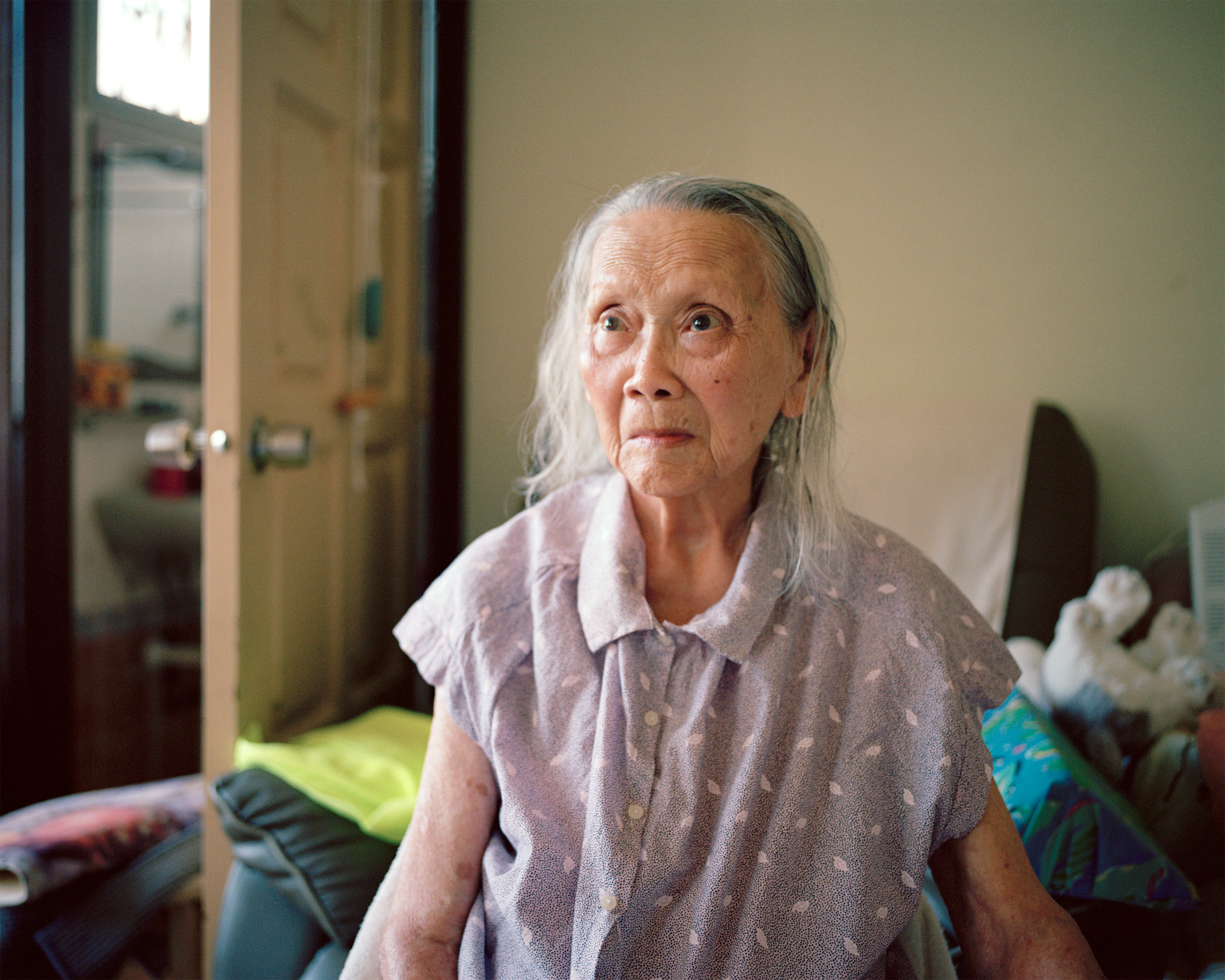

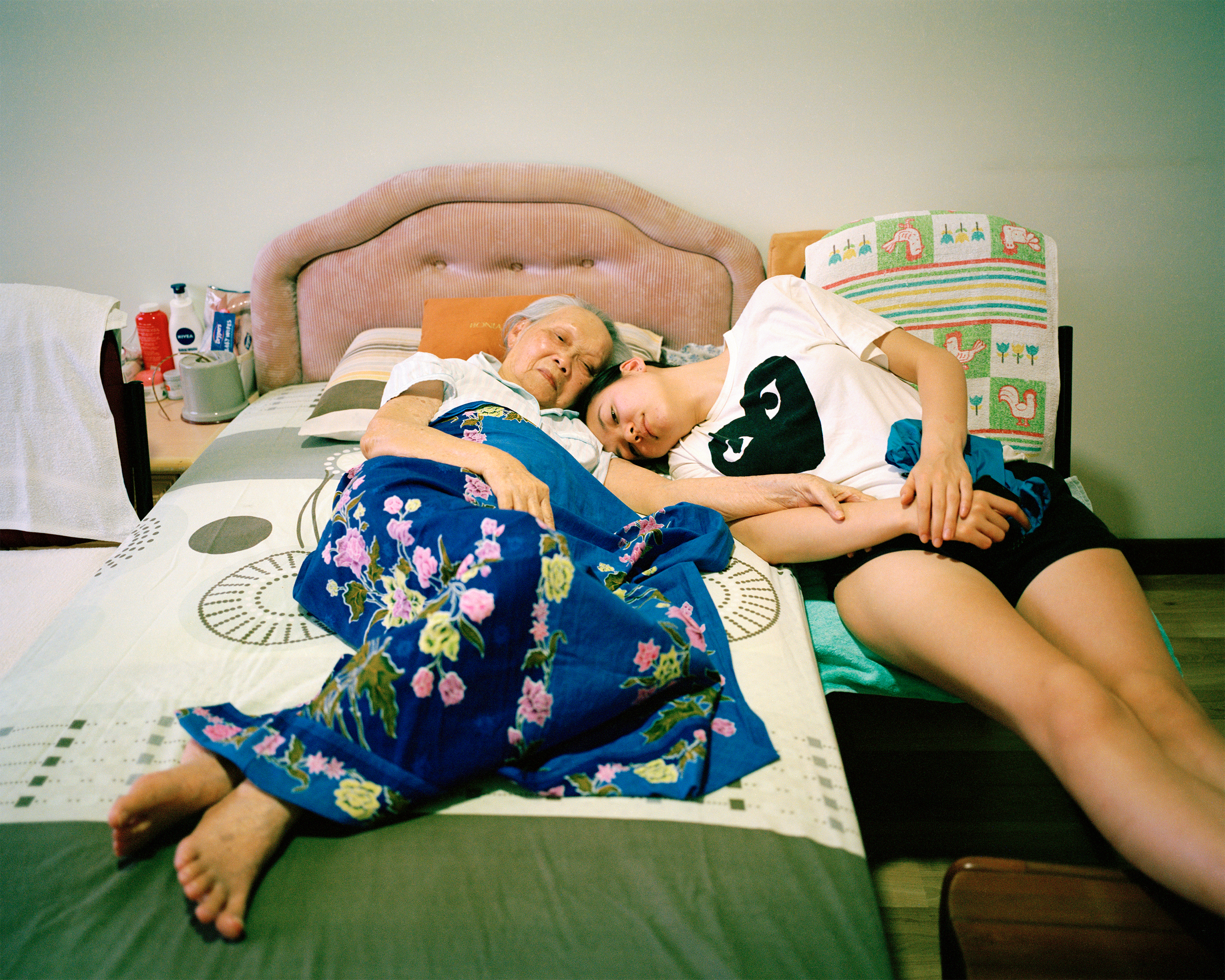

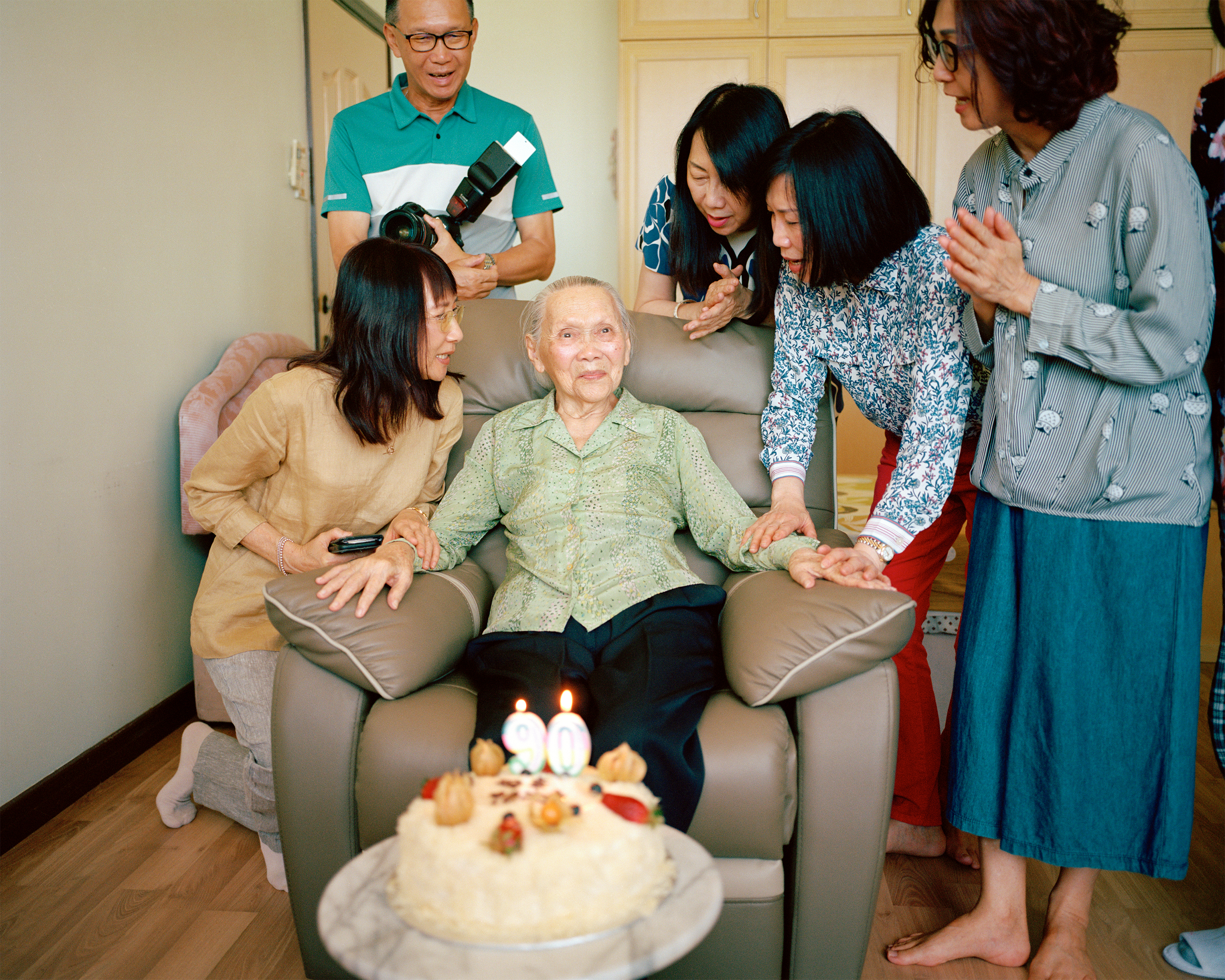


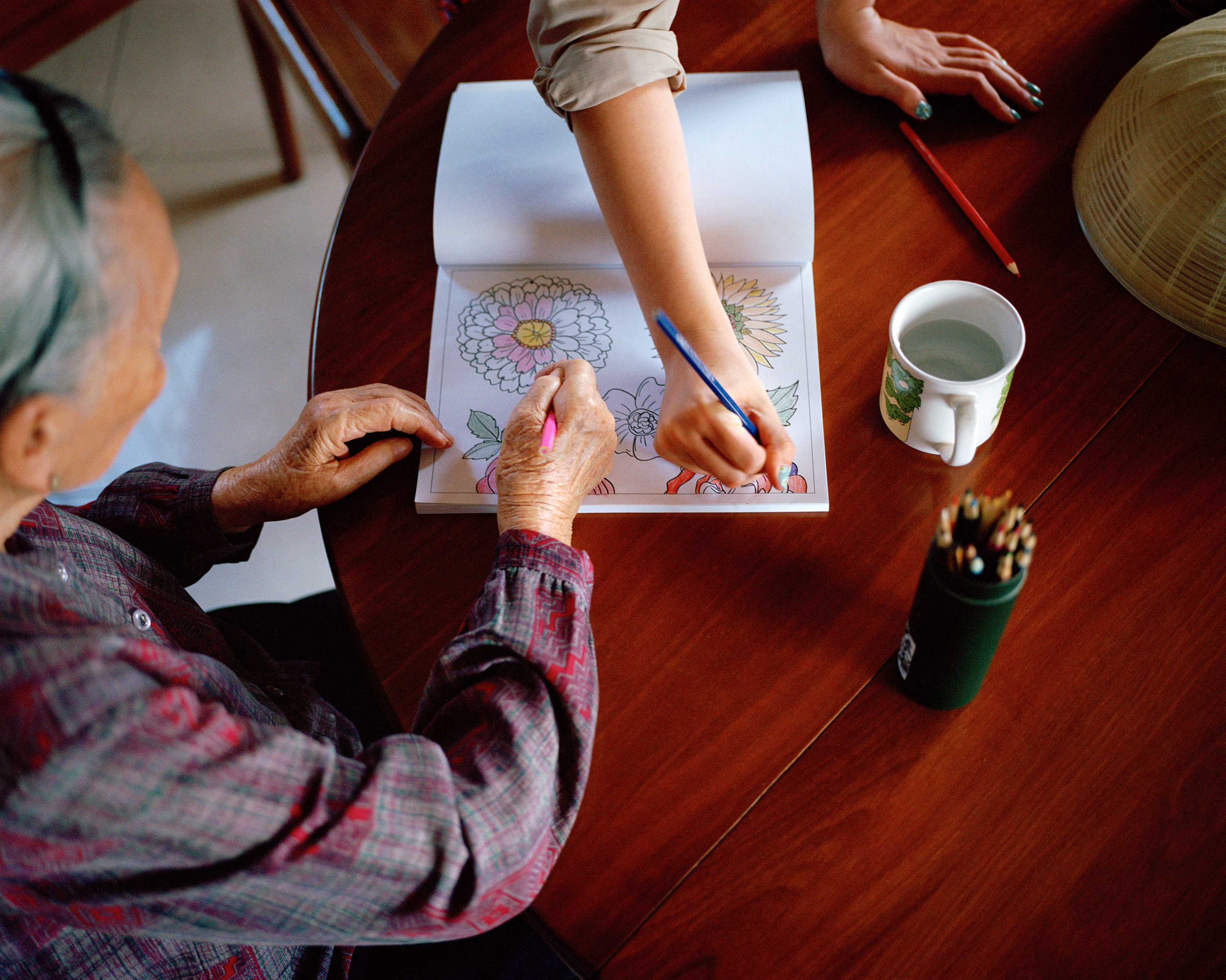


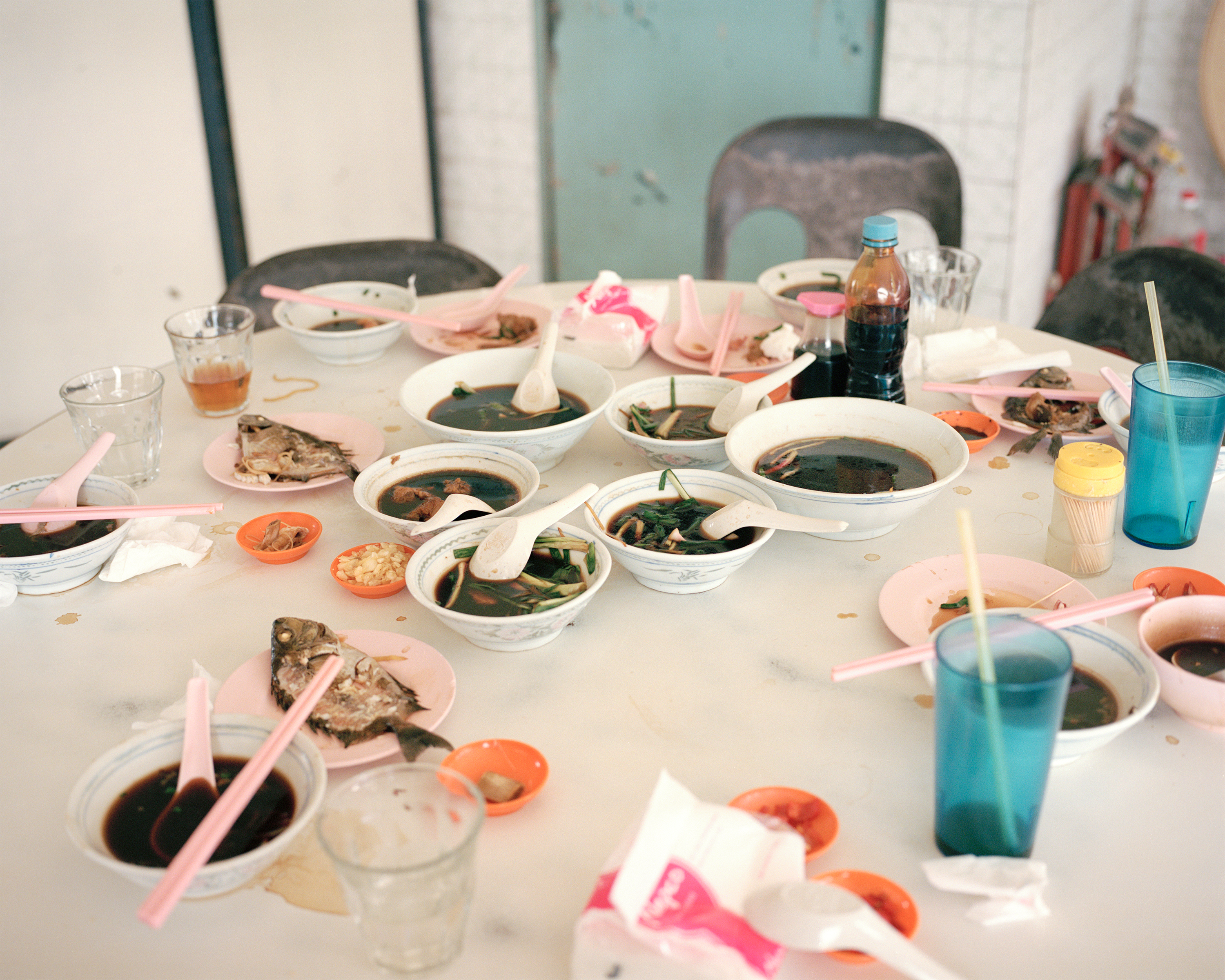
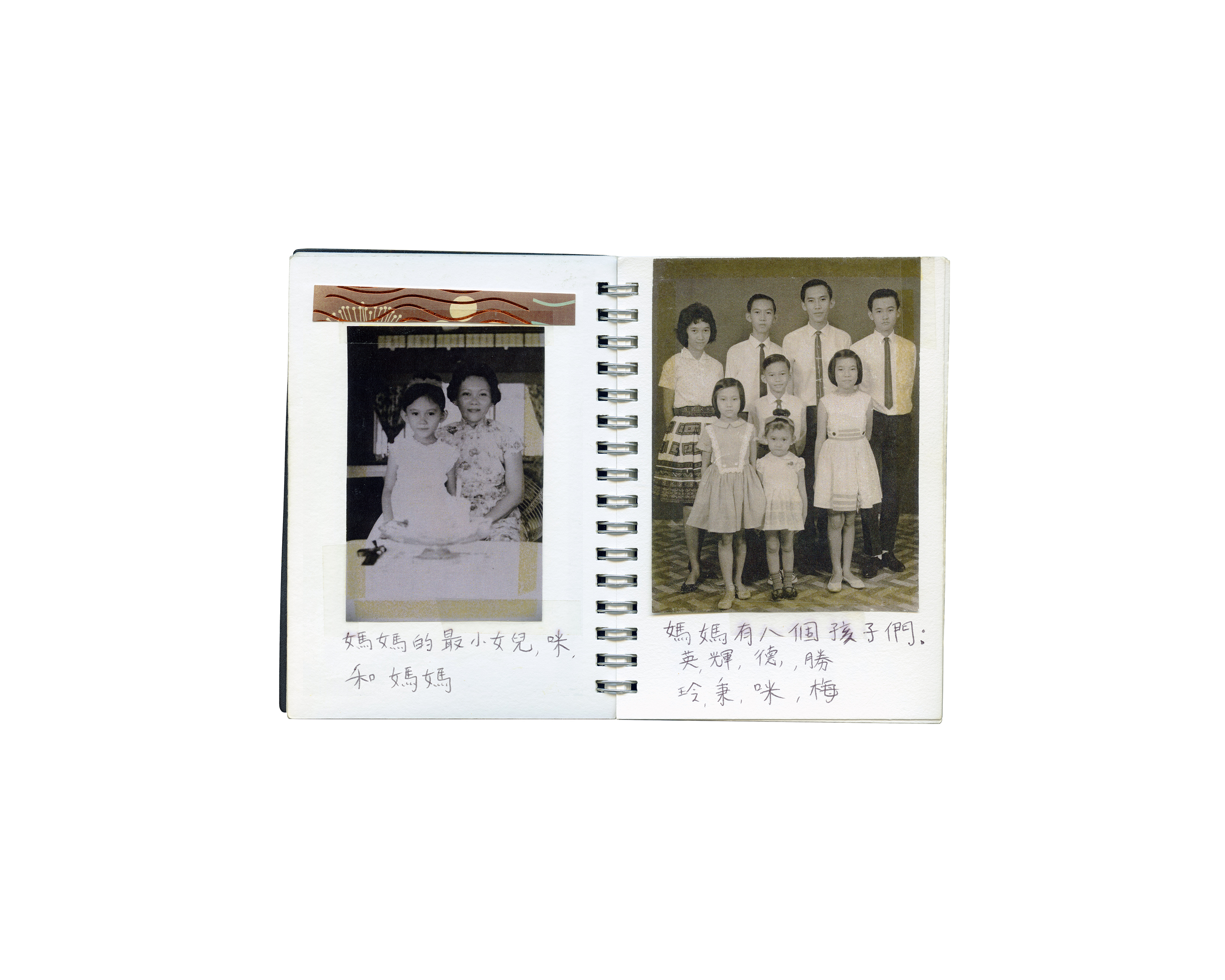
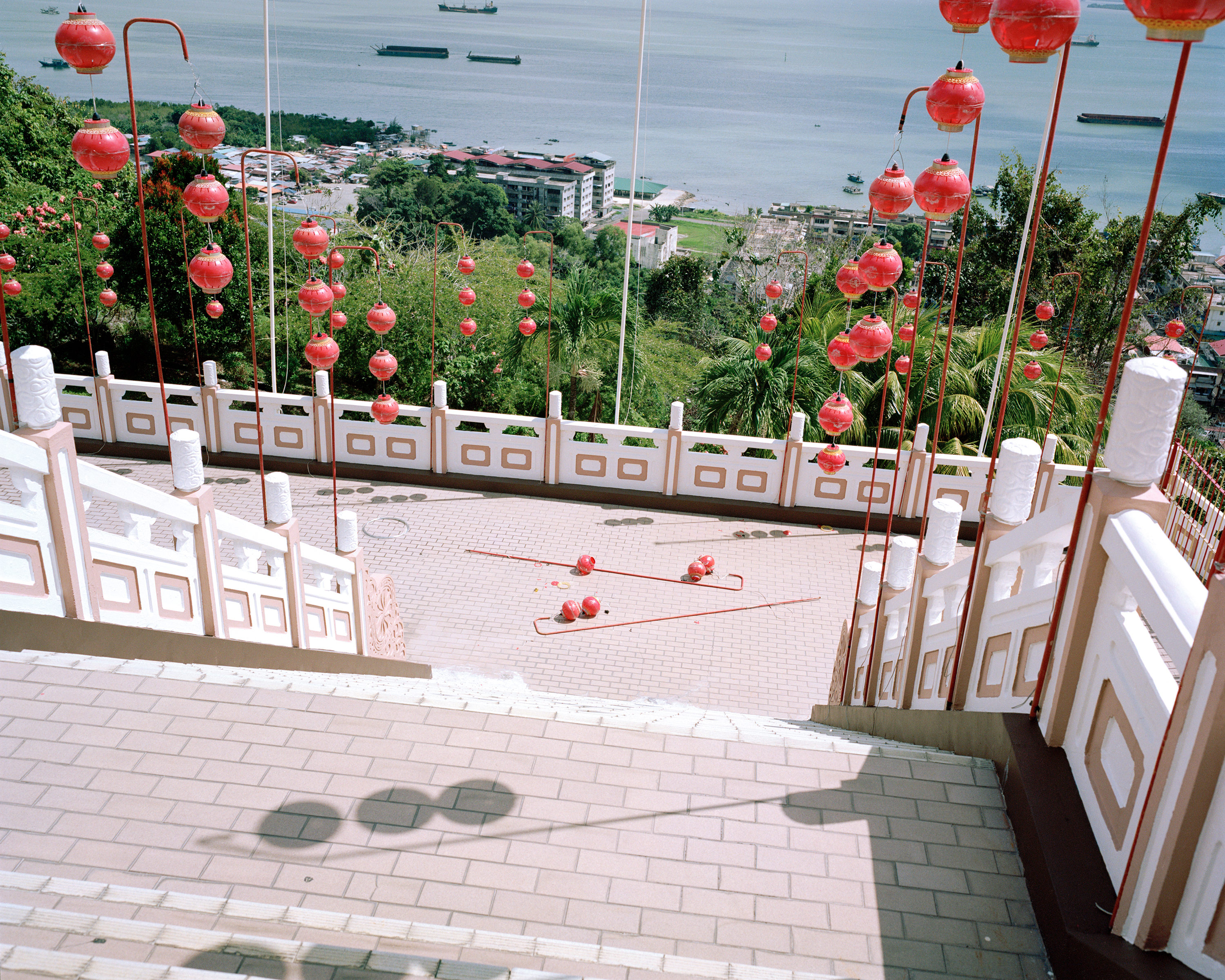


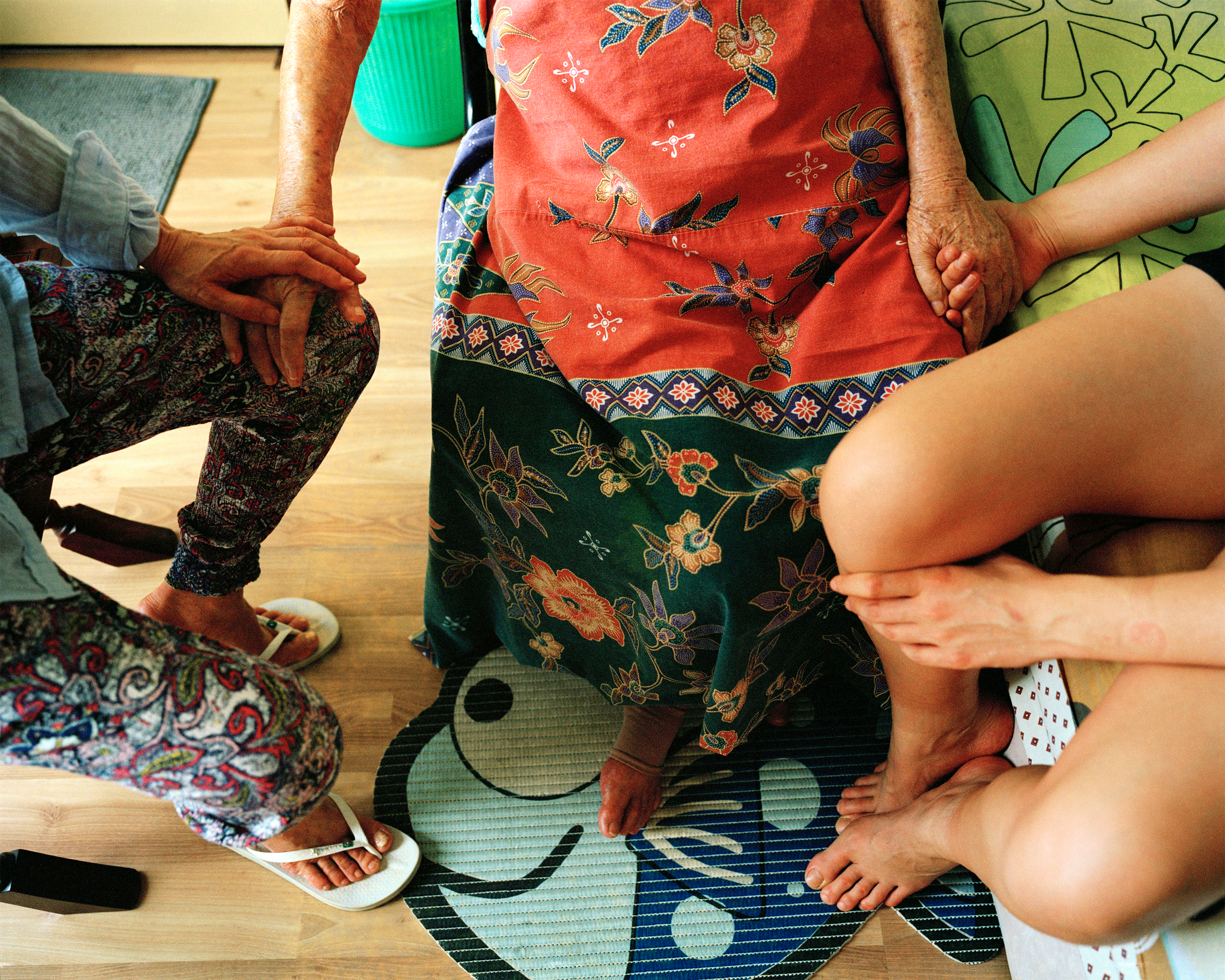
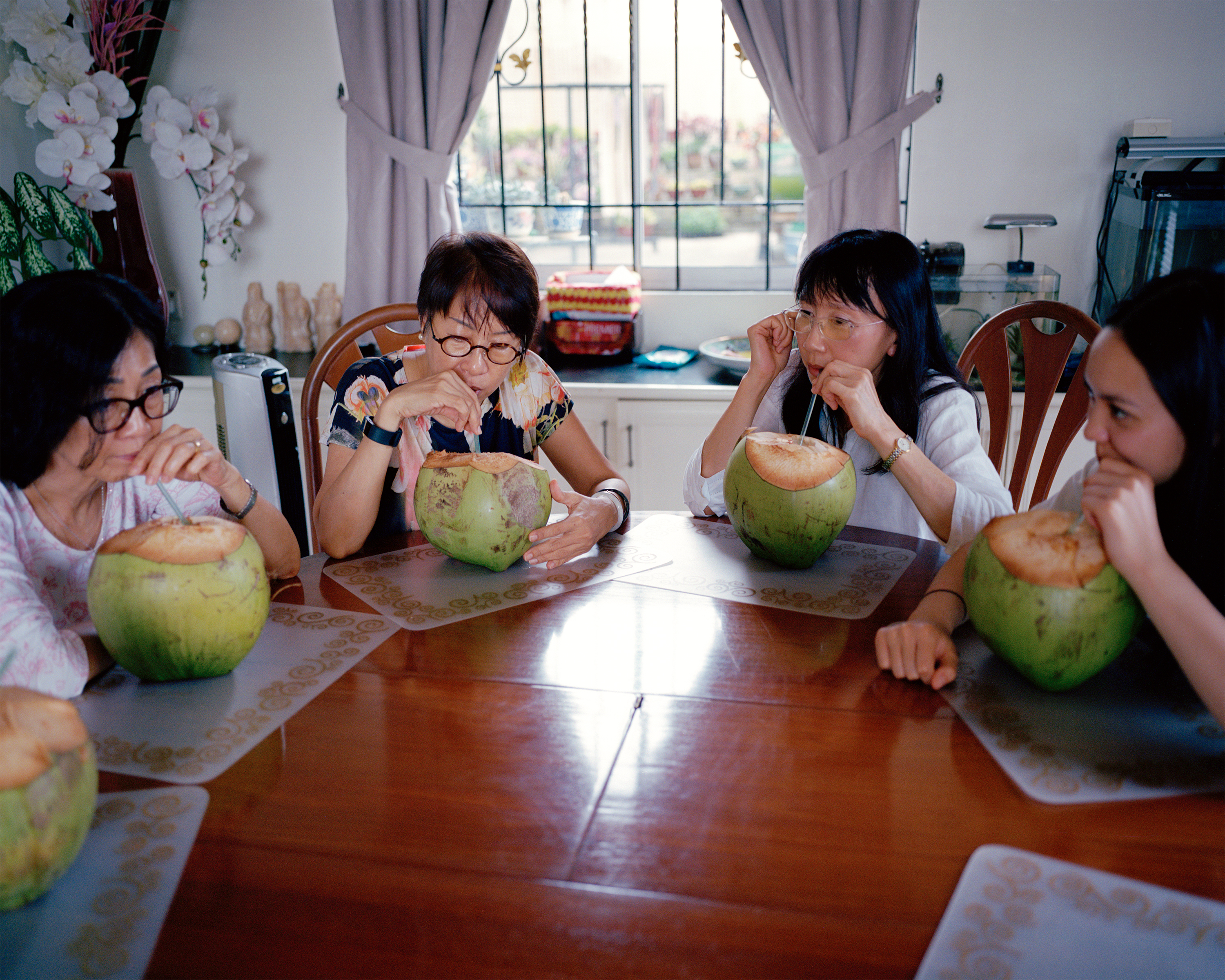

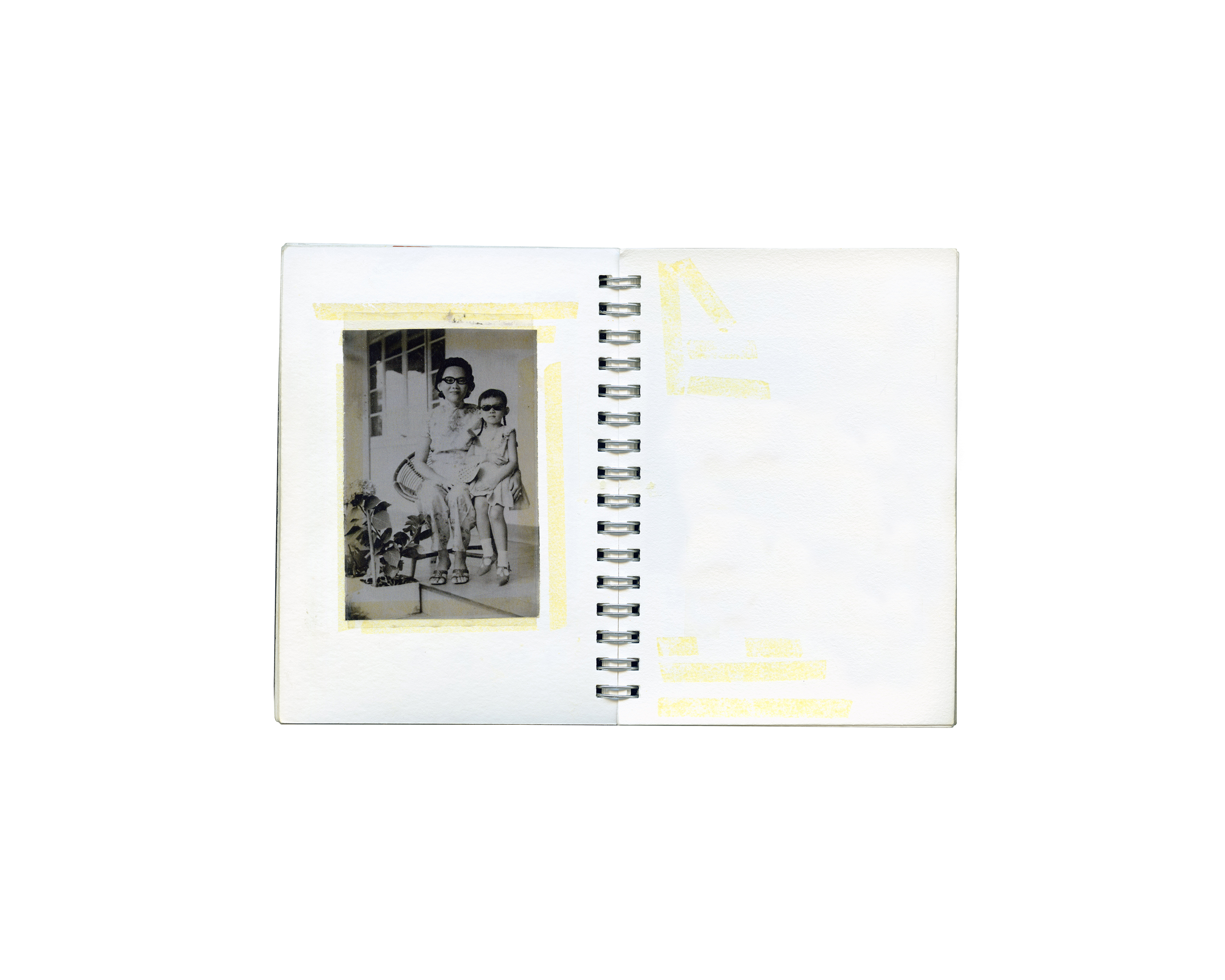



In Conversation with Adrian J. Song
Adrian Song: Thank you so much for your time Anne. I was wondering if you could share a favourite memory from your trips to Sandakan?
AS: Yes! Have you ever gotten anything interesting from the night markets over there?
AS: I found your project “Forget Me Not” really moving. It can't have been easy, but you were able to photograph these delicate moments really beautifully. Could you tell us more about your thoughts concerning this project and the process behind making these images?
AS: My mother is someone who constantly photographs, and it’s interesting, because she often communicates through the exchange of photographs or going through photo albums. I’m wondering, by photographing this time with your grandmother, if you were able to connect with her on another level. That this process allowed you to say things to each other which couldn’t have been expressed otherwise.
AS: An aspect I really enjoyed when looking at your photographs is the emphasis on food or having had a shared meal. What compelled you to document these moments?
AS: I love that. Could you perhaps share a favourite dish?
AS: Though I grew up in New Zealand, I would also visit family during Chinese New Year. It was always fascinating going through photographs or hearing stories, and trying to identify similarities or common threads between myself and my relatives. I’m curious to know if you’ve experienced something similar, or perhaps, how this time with your grandmother and your Malaysian family informed your perspective and influenced who you are now.
AS: I hope you’ll be able to make it back to Malaysia soon! Thank you so much Anne. What are you up to now, and what do you have planned for the future?
︎
Anne Moffat is a photographer working across an array of editorial, commercial and personal projects based in Naarm/Melbourne, Australia on unceded Wurundjeri land. Anne draws on familial ties to Malaysia, China, and New Zealand, as well as family migration to Australia, to inform her social documentation and portraiture.
To see more work by Anne Moffat, visit - Website / Instagram
︎
Anne Moffat: Thanks for having me. I have so many beautiful memories from trips to Sandakan over the years, from new year celebrations with reunion dinners and lion dances, to my grandmother’s 90th birthday. But also pretty high up there is a freshly cooked plastic bag of economy noodles from the Mile 4 market.
AS: Yes! Have you ever gotten anything interesting from the night markets over there?
AM: I can’t go past a peanut pancake.
AS: I found your project “Forget Me Not” really moving. It can't have been easy, but you were able to photograph these delicate moments really beautifully. Could you tell us more about your thoughts concerning this project and the process behind making these images?
AM: The project formed very naturally over my visits to my grandmother over the last five years of her life. I often say that the images were a process of trying to understand more of who I am and who she is, while watching her lose her independence and sense of self to Alzheimer’s Disease. At the beginning, I wasn’t trying to capture anything in particular, but with each return trip, as well as my grandmother’s declining health, I found myself trying to hold on to the experience more and more, almost in fear of forgetting what this time of my life was like. The pandemic has meant that I haven’t returned to Malaysia since my grandmother’s funeral, so the images hold even more significance and meaning to me now.
AS: My mother is someone who constantly photographs, and it’s interesting, because she often communicates through the exchange of photographs or going through photo albums. I’m wondering, by photographing this time with your grandmother, if you were able to connect with her on another level. That this process allowed you to say things to each other which couldn’t have been expressed otherwise.
AM: My Chinese is unfortunately terrible (even after 13 years of Saturday school!) so my interactions with my grandmother relied a lot on non-verbal communication and a jumble of broken English, Hakka and Mandarin. Photography conveniently also gives me a way of expressing myself which transcends any language barrier. The process of making images allowed me to be present and appreciate each moment with her for what it was.
AS: An aspect I really enjoyed when looking at your photographs is the emphasis on food or having had a shared meal. What compelled you to document these moments?
AM: I feel like most of my family memories revolve around food and coming together to eat. Eating together in a big family setting around a laden table is something that I’ve missed over the last few years. In documenting these meals I wasn’t so much interested in the picture perfect table as the aftermath, the remnants of a shared experience when everyone has left.
AS: I love that. Could you perhaps share a favourite dish?
AM: Bak kut teh is always a family favourite when we’re back in Sandakan, and one that has often occurred in my images. For us it’s a very communal meal which leaves the table covered with bowls of peppery dark broth.
AS: Though I grew up in New Zealand, I would also visit family during Chinese New Year. It was always fascinating going through photographs or hearing stories, and trying to identify similarities or common threads between myself and my relatives. I’m curious to know if you’ve experienced something similar, or perhaps, how this time with your grandmother and your Malaysian family informed your perspective and influenced who you are now.
AM: The last five years have definitely shaped my understanding of my own identity and helped me develop a deeper appreciation and pride that wasn’t necessarily cultivated in my childhood in Australia. Each trip back is pretty transformative for me. I’m looking forward to returning once again soon.
AS: I hope you’ll be able to make it back to Malaysia soon! Thank you so much Anne. What are you up to now, and what do you have planned for the future?
AM: Me too! I can’t wait. In the meantime I’ll be in Australia making new work and practising my Chinese.
︎
Anne Moffat is a photographer working across an array of editorial, commercial and personal projects based in Naarm/Melbourne, Australia on unceded Wurundjeri land. Anne draws on familial ties to Malaysia, China, and New Zealand, as well as family migration to Australia, to inform her social documentation and portraiture.
To see more work by Anne Moffat, visit - Website / Instagram
︎